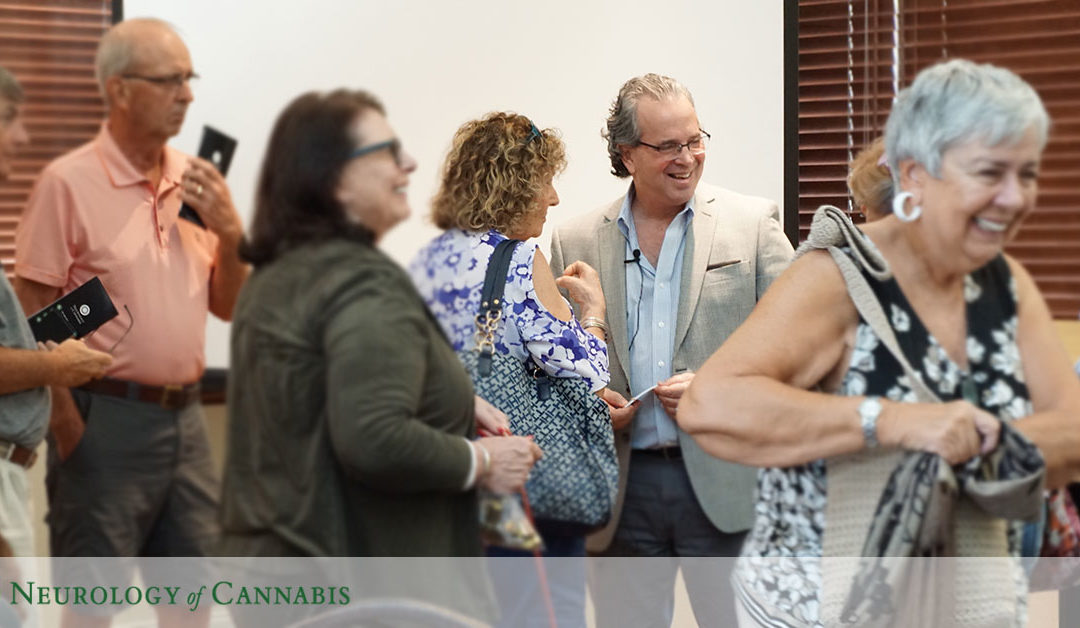The Food and Drug Administration (FDA) is responsible for protecting public health by ensuring the safety, efficacy, and security of human and veterinary drugs, biological products, and medical devices; and by ensuring the safety of our nation’s food supply, cosmetics, and products that emit radiation.
The FDA is aware that there is growing interest in the potential use of cannabis for a broad spectrum of medical conditions. However, as of this writing, the FDA has not approved cannabis to treat any disease or condition. In fact, it has maintained its classification of cannabis as a Schedule 1 drug, one which has no medical value and a significant risk of addiction (# nonsense).
There is currently one FDA approved cannabis-derived drug product named Epidiolex and three synthetic cannabis-related drug products: Marinol, Syndros, and Cesamet. These products are available to individuals with a prescription from a licensed physician. FDA approval indicates that the agency has determined a drug product to be safe and effective for its intended use.
Current FDA Approved Cannabis Drugs
Epidiolex: contains a purified form of CBD to treat seizures associated with Lennox-Gastaut syndrome or Dravet syndrome.
Marinol and Syndros: contain dronabinol, a synthetic THC, and is approved for use to treat nausea associated with cancer chemotherapy and treat anorexia associated with weight loss in AIDS patients.
Cesamet: contains nabilone, which has a synthetic chemical structure similar to THC and is approved for nausea associated with cancer chemotherapy.
FDA Supports Scientific Research
Officially, the FDA has stated they recognize the need to develop therapies for patients with unmet medical requirements. To this end, it has developed programs such as Fast Track, Breakthrough Therapy, Accelerated Approval, and Priority Review that are designed to expedite the research and approval of drug products.
The FDA has played an essential role in supporting scientific research into the medical uses of cannabis; and supports the research community who study medical cannabis by:
- Providing information on required protocols for conducting clinical research using cannabis.
- Providing specific requirements regarding the development of a human drug derived from a plant such as cannabis.
- Providing support for those interested in conducting clinical cannabis research by conducting meetings and interactions throughout the development process.
- Providing support to help researchers understand and adhere to the procedures established through the FDA Center for Drug Evaluation and Research (CDER) Small Business and Industry Assistance group.
Schedule 1 Drug Limitations
Even with its commitment to research, the FDA’s Schedule 1 Drug classification assures that cannabis is federally considered illegal for use, except for those few approved drugs. Medical cannabis has been determined legal for use in most states, including the state of Florida. This dichotomy caused a strange dilemma and gray legal area in the initial days. As more states join the ranks of those who have legalized marijuana for medical use, the situation has become mainstream, even as some problems remain.
Medical Cannabis Legal in Florida
Florida Senate Bill 1030 (The Compassionate Medical Cannabis Act) was the first legislation in the state. It permitted patients who have cancer, epilepsy, chronic seizures, or muscle spasms to use low-tetrahydrocannabinol (THC) cannabis products. Physicians and patients were required to register on the Compassionate Use Registry.
Florida Amendment 2 failed to pass in 2014 but was passed in 2016 with a 71% majority. It expanded access to full-strength medical marijuana to eligible patients.
Medical Cannabis for Sarasota Patents
If you are interested in learning more about medical cannabis treatment, call Dr. Daniel P. Stein at 941-200-3412 or visit our website at Neurologyofcannabis.com

